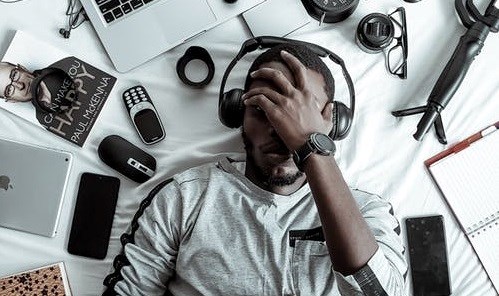A Call to Break the Taboo: Men's Health and Wellbeing
Date: Friday 03 Nov 2023
Men's health is more than a matter of physical condition—it's an issue shrouded in society-imposed silence, often leading to avoidable suffering. It is high time we shatter this taboo and bring mental health and well-being discussions into the light.

The criticality of male health issues became apparent in a recent report published in The Independent. It reveals a troubling reality: men frequently neglect their health due to societal expectations of stoicism and masculinity. This disregard extends from physical ailments to mental well-being, creating an alarming panorama we cannot afford to ignore.
Firstly, rooted deeply in societal norms is the harmful stereotype that views men as invincible—never physically weak nor emotionally fragile. Men are expected to silently bear their burdens, leading many to overlook symptoms or delay seeking help. This reluctance culminates in late diagnoses or untreated conditions that could have been managed with early intervention.
Secondly, our society tends not only to undervalue men's mental health but also fails at providing adequate support systems for them. Despite rising awareness about mental illnesses such as depression or anxiety, public discourse often excludes males from these conversations due to stereotypical thinking—leaving many feeling isolated and misunderstood.
Lastly, there is a significant lack of education about male-specific issues like body image concerns or age-related changes such as hair loss or weight gain. These topics are seldom addressed openly despite their potential impact on males' self-esteem and overall well-being.

We need healthcare providers who understand the unique challenges faced by men—the societal pressures that may prevent them from seeking help—and can offer gender-sensitive care tailored specifically for them.
We must promote open conversations about male vulnerability—redefining masculinity so that seeking help isn't seen as weakness but strength.
Education is crucial—we need to teach our boys and men about their bodies and minds, making them comfortable with addressing health concerns without fear of judgment.
It is time to step up—governments, healthcare providers, educators, families, and individuals alike. The male health crisis isn't just a men's issue; it affects us all. Let's dismantle the harmful stereotypes surrounding male health, encourage open dialogue about their struggles and provide the necessary support they need. The silence has lasted too long; now it’s time for action.

